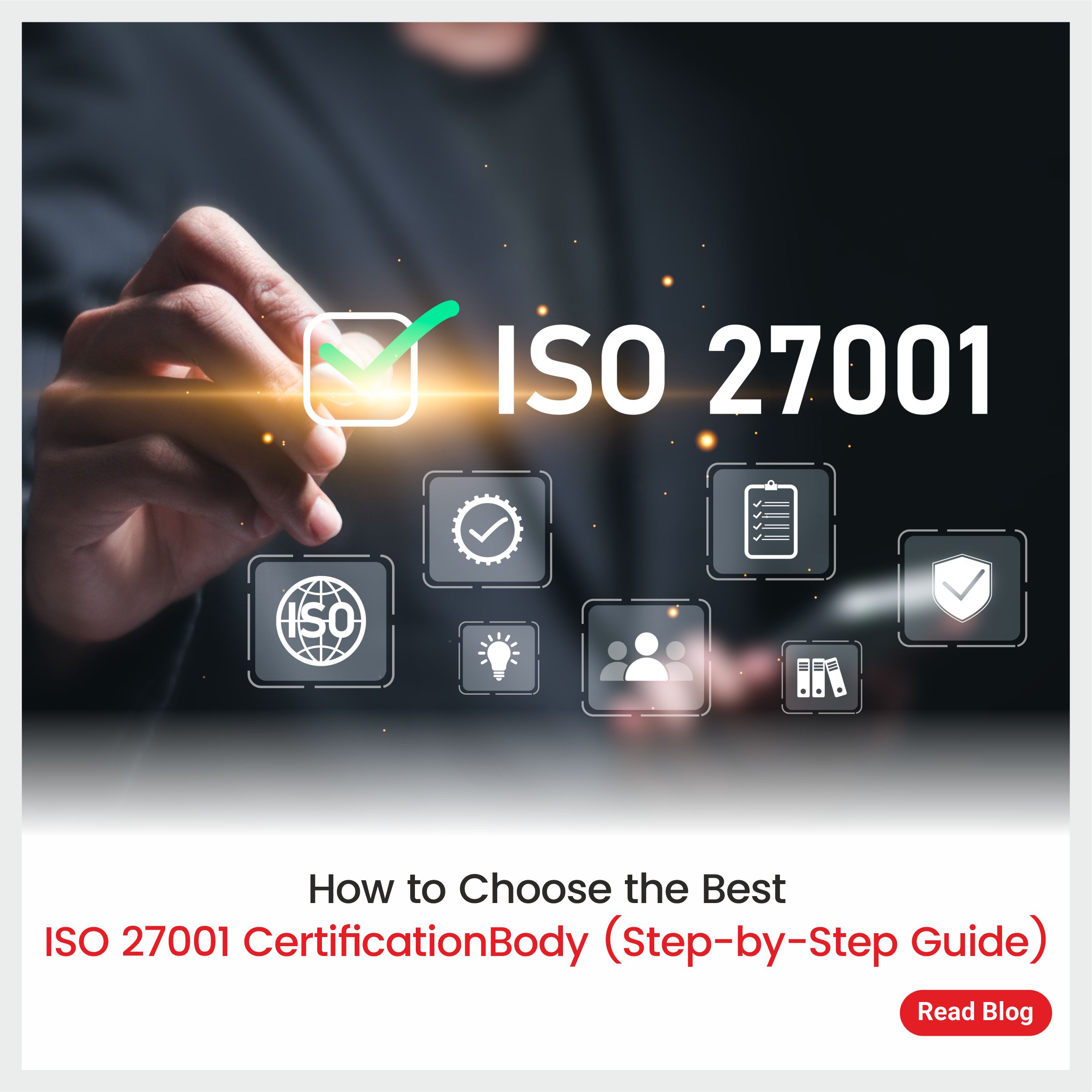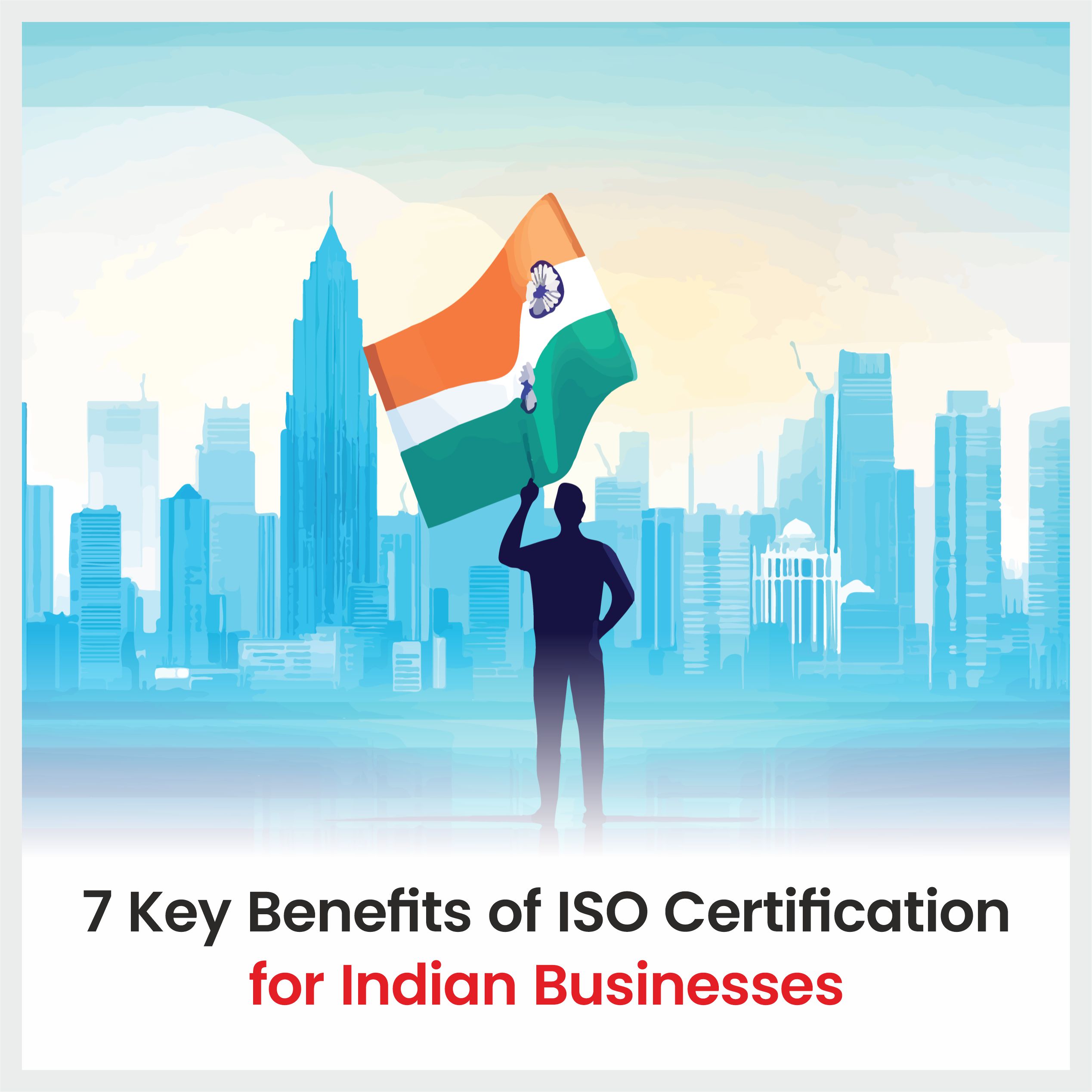GET ISO Certification for Education Industry
💡 Get Certified. Get Recognized. Grow Globally!
Boost your organization’s credibility, trust, and performance with internationally recognized ISO Certifications and Professional Trainings.
📜 ISO Certifications:
ISO 9001, ISO 14001, ISO 45001, ISO 22000, ISO 27001, ISO 27701, etc.
🎓 Training:
Lead Auditor Training, Lead Implementor Training, Internal Auditor Training, etc.
🔐 Infosec:
VAPT, GDPR, CMMI, SOC 1, SOC 2, HIPAA, HITRUST, PCI DSS, Cyber Security Audit, etc.
✨ Your Partner for a Sustainable Tomorrow ✨
Note:: The certification process begins with submitting a form and technical details, which are used to determine audit man-days. Our experts evaluate the information and share the cost and timelines with the client. We value your time and ensure quick responses, clear communication, and timely delivery of services.
How is ISO Certification helpful for Educational industries?
ISO certifications are helpful for almost every organization regardless of its size, type, or process. ISO Standard for education guarantees that every educational organization or management system has all the requirements for standardization, quality assurance, and consistency.
ISO Certification for educational institutions, schools, and colleges is helpful for the educational system because it helps in the improvement of your management quality, efficiency, builds international credibility, streamlines your organizational operation, and so on.
Why does the Education sector need ISO Certification?
Education is a fundamental need for all learners in the world. It is one of the most competitive sectors in the world. All the learners in the world want a quality-based education system for their holistic development.
So, any educational organization needs to achieve ISO Certification to ensure the learners that they will get the expected quality-based education with effective and efficient processes. ISO Certifications will give you the confidence in delivering educational services that meet the requirements of the standard.
Therefore, ISO Certification for the Education Industry is highly needed.
Benefits of ISO certification for Education Industry
Having ISO standards for the education sector is very profitable. Some of the primary profits of achieving an ISO Certificate for the educational industry are listed below:
- ISO Certification for educational institutions, schools, and colleges encourages equal opportunities for all learners in spite of their culture, religion, caste, class, ethnic identities, gender, or physical ability/disability.
- ISO standard for the education sector is very profitable because it assesses and identifies all the risk-related to your processes or system and finds a way to mitigate them from your organization.
- ISO certification is widely accepted in educational institutions or industries as it makes your education more accessible to learners in the field of education.
- ISO Certification for Education industry helps the educational institutions, schools, and colleges to enhance their management system by intensifying their reputation in the field of education.
- ISO standard for education also helps your organization to stimulate innovative and creative methods for the learners.
Which standards or ISO certificates are required for the Education?
ISO Certification for Education Industry can be extremely beneficial in providing world-class teaching and learning experiences to the learners. The general standards for educational industries are ISO 9001, ISO 14001, and ISO 45001, and the required standard for Education industries is ISO 21001. Let us understand these standards in detail:
ISO 9001 Certification for Education
ISO 9001 certification is an internationally recognized standard for quality management systems. ISO 9001 Certification for Education sector ensures to fulfil learner’s expectations and encourages continuous development to meet the rapidly changing demands of the learner in the educational sector.
ISO 14001 Certification for Education
ISO 14001 Certification is the general standard for Environment Management Systems. This ISO 14001 Certification for Education Industry helps your organization to ensure the customers that your processes meet all requirements for a safe and healthy environment. It ensures that learners will learn in an environment-friendly setting.
ISO 45001 Certification for Education
ISO 45001 standard provides a foundation for establishing Occupational Health and Safety Management Systems (OHSMS) in your organization. Achieving ISO 45001 Certification ensures the workplace safety and wellbeing of your lecturers, learners, and non-teaching staff.
This ISO 45001 Certification for Education Industry is very much crucial because it helps to reduce institutional risks, improves organizational accountability, and also reduces the rates of accidents and other liability issues in the organizations.
ISO 21001 Certification for Education
ISO 21001 Certification for education is basically based on ISO 9001 standard for quality management systems, which provides the framework for a quality assured educational system that offers educational products and services. It enables you to understand the requirements of the learners and helps you to implement the necessary processes to meet those requirements of the learners.
ISO Certification process for Education sector
- Application & contract
- Audit team Assignment
- Document view
- Certification Audit Independent review
- Notification of Certification
- Surveillance audit
- Re-Assessment
The certification process goes further. click here to view the next steps to the ISO certification Process
ISO certifications have huge significance across a varied range of industries. They not only help to improve the processes within the organization but also ensure a smooth flow of services throughout the supply chain.
Know more about Sis Certifications: https://www.youtube.com/c/SISCert
FAQs
The most commonly required standards that are applicable for Educational Industries are as listed below:
- ISO 9001 Standard: Quality Management System.
- ISO 14001 Standard: Environmental Management System.
- ISO 45001 Standard: Occupational Health and Safety Management System.
- ISO 21001 Standard: Quality Management System for Educational Organization
Achieving ISO Certification is no big deal in today’s upgraded systems. The basic steps to become ISO Certificate for Education industry are as follows:
- Firstly, you need to prepare all the relevant information about your company in a systematized way (It is always best and safe to hire a legal consultant.)
- Secondly, you need to document all the relevant information about your business.
- Thirdly, you have to implement all the documented information in your organization.
- Fourthly, get ready for the internal audits which are performed first during the certification process and then periodically after.
- Lastly, if the certifying body approves your management system then you will be awarded the required ISO standard.
An ISO Certificate is valid for 3 years. And during this time period of 3 years, a surveillance audit is conducted on an annual basis to ensure that ISO quality standards are being maintained by the organization.
- Firstly, select the type of ISO certification you want for your Education industry.
- Secondly, selecting a recognized and credible ISO certification body (ISO Registrar)
- Thirdly, make an application in the prescribed form which should include liability issues, confidentiality, and access rights.
- Fourthly, the ISO certification body will review all the documents related to various policies and procedures being followed in the organization. If there are any existing gaps, the applicant has to prepare an action plan to eliminate these gaps.
- Then, the ISO registrar will conduct a physical onsite inspection to audit the changes made in the organization.
- As soon as the certifying body approves your management system, you will be awarded the required ISO standard.
Basically, when you approach a certifying body for ISO Certification and they approve your management systems and all your processes, they will then quote an amount for the certificate. Moreover, the cost for achieving ISO certification depends mostly on your organization, such as the no. of employees in your organization, No. of branches your organization has, and many more.
Missing Something?
We’re here to help you find exactly what you need—just let us know, and we’ll guide you in the right direction.
LATEST NEWS & BLOGS

India’s Digital Payments Story Runs on One Invisible Layer: PCI-DSS
India at the Center of the Digital Payments Boom With a boom in the digital economy, India finds itself at

How to Choose the Best ISO 27001 Certification Body (Step-by-Step Guide)
Data breaches can happen at any time, and regulators or clients can also act without warning. ISO/IEC 27001 certification is

7 Benefits of ISO Certification in India for Business Growth
Businesses claim to deliver QUALITY in today’s cut-throat market; however, there is no source to verify the claims. What if
